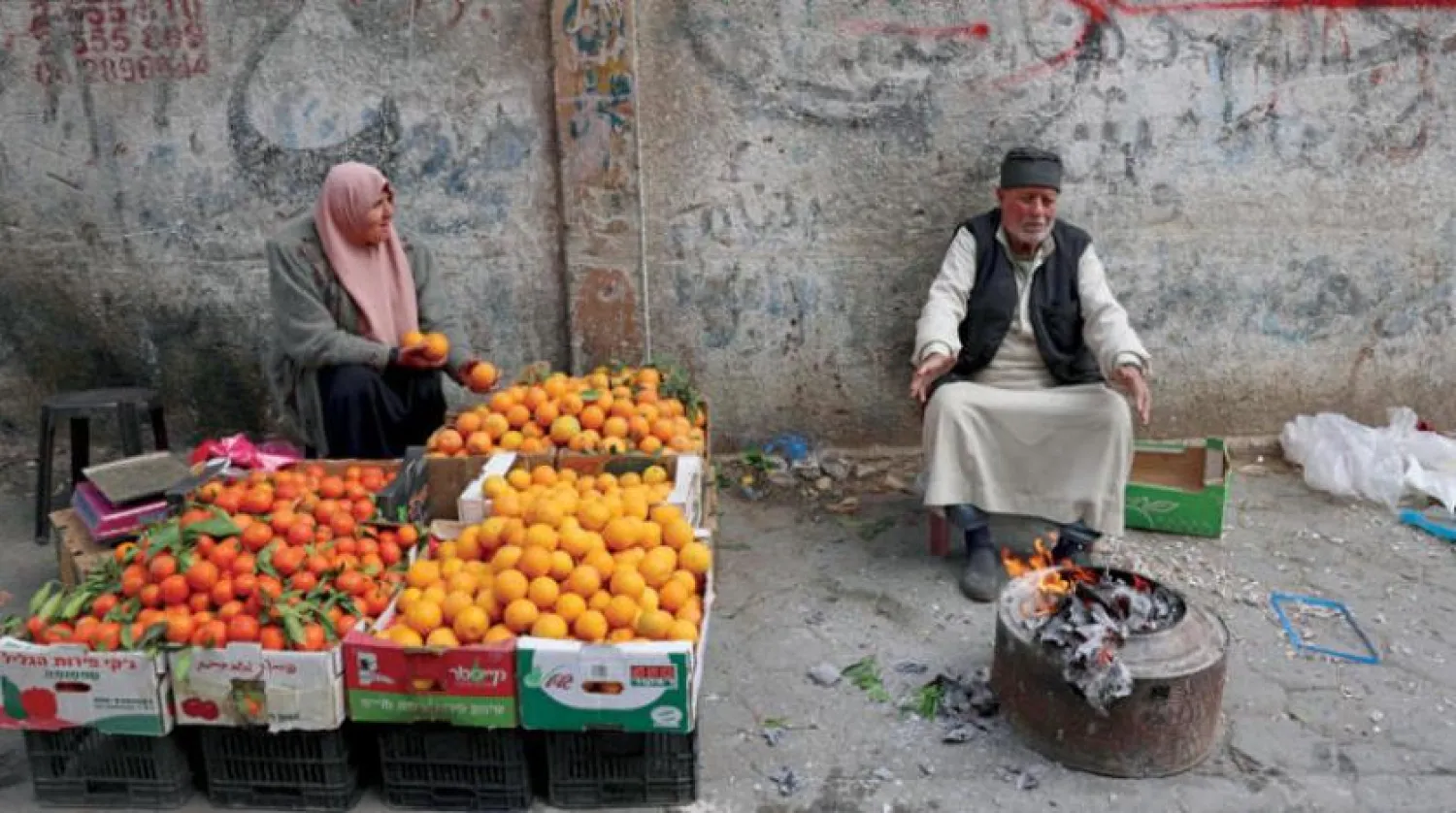Since the killing of Seif al-Islam al-Gadhafi, son of Libya’s late leader Moammar Gadhafi, in the western Libyan city of Zintan last Tuesday, urgent questions have surfaced over who might succeed him in leading the political current he represented.
The questions reflect Seif al-Islam’s symbolic status among supporters of the former regime, known as the September Current, a reference to backers of the September 1 Revolution led by Moammar Gadhafi in 1969.
Search for new leadership
Othman Barka, a leading figure in the National Current that backed Seif al-Islam al-Gadhafi, said supporters of the former regime had yet to agree on a new leader but retained the organizational and political capacity to overcome the current phase and later move toward an alternative leadership framework.
Barka told Asharq Al-Awsat that ties to Gadhafi and his sons had been both emotional and political, but said that what he described as national work would continue. He said organized efforts would be made to reach a new leadership after the repercussions of the killing were overcome.
It remains unclear how Ahmed Gaddaf al-Dam, the political official in the Libyan National Struggle Front and one of the most prominent figures of the former regime, views the future leadership of the September Current following Seif al-Islam’s killing.
Sources close to him told Asharq Al-Awsat it was too early to speak of a new leadership while mourning ceremonies continued in Bani Walid.
Gaddaf al-Dam limited his public response to reposting a statement by those describing themselves as supporters of the Jamahiriya system on his Facebook page. He stressed unity, saying the killing would not lead to the fragmentation of the current and that September supporters remained a single, solid bloc.
In Bani Walid in western Libya, where Seif al-Islam was buried on Friday, shock was evident in the tone of Libyan activist Hamid Gadhafi, a member of the late leader’s tribe. He told Asharq Al-Awsat that clarity over the future leadership would emerge after about 10 days.
Possible successors
Libyan social media pages circulated the names of potential successors, including Seif al-Islam’s sister, Aisha, and his brother, Saadi. Libyan political analyst Ibrahim Belqasem rejected that view, telling Asharq Al-Awsat that the only remaining driver for supporters of the former regime would be the emergence of an unexpected, nonpolitical figure, describing it as an attempt to rescue the current.
After the fall of Gadhafi’s rule in 2011, following 42 years in power since the 1969 revolution, his supporters reemerged under the banner of the September Current. They are popularly known as the Greens, a reference to the Green Book.
Fragmented components and the absence of unified leadership mark the September Current. Seif al-Islam was widely seen as a central symbol among supporters, as well as among political figures and groups calling for the reintegration of former regime supporters into political life and for the recognition of their rights.
Nasser Saeed, spokesman for the Libyan Popular National Movement, one of the political arms of former regime supporters, said he expected a national political leadership to take shape in the coming phase to continue what he described as national work until the country stabilizes. Libyans can determine their future.
He said the emergence of a new leader or symbol was a matter for a later stage, stressing that the project was ideological rather than tied to individuals.
Saeed told Asharq Al-Awsat that Seif al-Islam al-Gadhafi’s legacy lay in a unifying national project that rejected foreign intervention and sought to restore sovereignty and stability. He said Seif al-Islam had represented hope for overcoming the crisis and that his project extended the path of the September Revolution as a liberation choice that still retained supporters.
Structural challenges
Organizationally, the former regime cannot be confined to a single political framework. Its structures and leadership are diverse, including independent organizations and figures.
Among the most prominent are the Libyan Popular National Movement, founded in 2012, and the Popular Front for the Liberation of Libya, formed in 2016 by politicians and tribal leaders in support of Seif al-Islam al-Gadhafi.
Their representatives increased their presence after 2020, whether in the Geneva forum that led to the formation of the Government of National Unity or in UN-sponsored structured dialogue tracks, before suspending participation following Seif al-Islam’s killing.
Voices within the September Current believe the killing marked a decisive turning point that cast heavy shadows over the ability of former regime supporters to forge unified leadership, citing structural difficulties rooted in historical disagreements between what is known as the old guard and supporters of change led by Seif al-Islam.
Khaled al-Hijazi, a prominent political activist in the September Current, agreed with that assessment, saying Seif al-Islam’s symbolic role had helped balance internal disputes due to his reformist project before the February 17 uprising.
Al-Hijazi told Asharq Al-Awsat that the loss of that symbolism could revive old divisions and complicate efforts to recreate an inclusive leadership, amid internal and external factors that make unification highly complex in the foreseeable future.
Barka said differences were natural, stressing that the current was not a closed party and believed in democracy and pluralism. He said generational competition did not amount to conflict and noted there had been no violent clashes between supporters of different paths within the September Current.
He concluded by saying that the diversity of approaches served a single goal: the freedom and prosperity of Libyan citizens and the building of a sovereign state capable of overcoming the crisis that has persisted since 2011.









